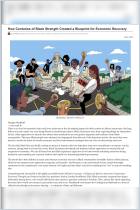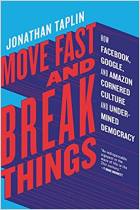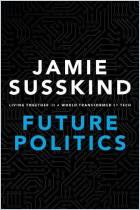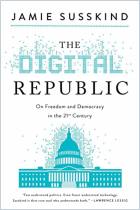Google instantly answers even the most inane questions; Amazon delivers almost every product under the sun; Facebook connects people to friends halfway across the world. These companies are so ubiquitous you hardly question them – until a major data breach occurs, a robot takes your job or a foreign power interferes in your presidential election. The stars of the tech industry are monopolies with little accountability, and they often have deleterious effects on society. Thankfully, as Information Studies professor Ramesh Srinivasan explains in Beyond the Valley, better alternatives exist.
In its early days, the internet promised to be a democratizing, equalizing force.
In its early days, the internet was a place where users could share their interests and identities. It made information accessible to any user with a connection. Largely the result of taxpayer-funded research, people envisioned the internet as a way to bring people together and to support equality.
There are still pockets of the internet that reflect this vision. Reddit, one of the most popular websites in the world, is a free forum where users can interact, share information and discuss their interests. Users’ personal data is not collected; the site runs ads, but these are only targeted in the sense that an advertiser can select a relevant subreddit. All content recommended on the site is user-powered. Even Reddit’s interface is old-school, evoking a sense of nostalgia for an earlier, purer internet.
Despite this early promise, the internet has not made society more democratic; if anything, it has become more authoritarian and unequal.
Unfortunately, the present-day internet doesn’t fulfill its original promise. Misinformation...



















Comment on this summary or Start Discussion